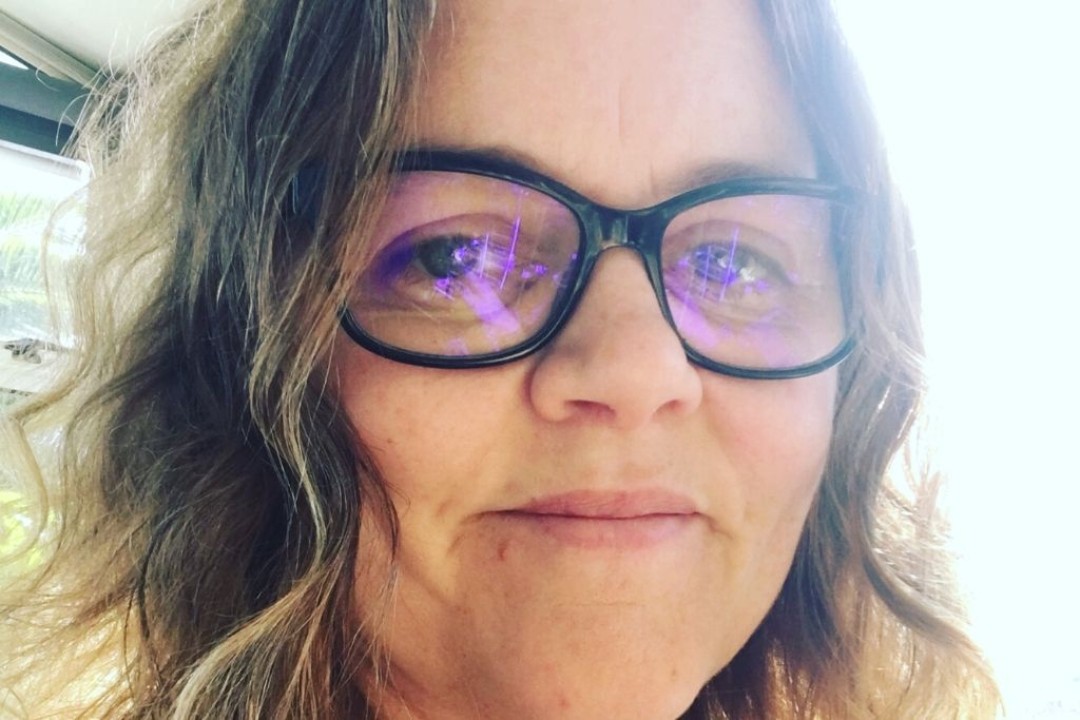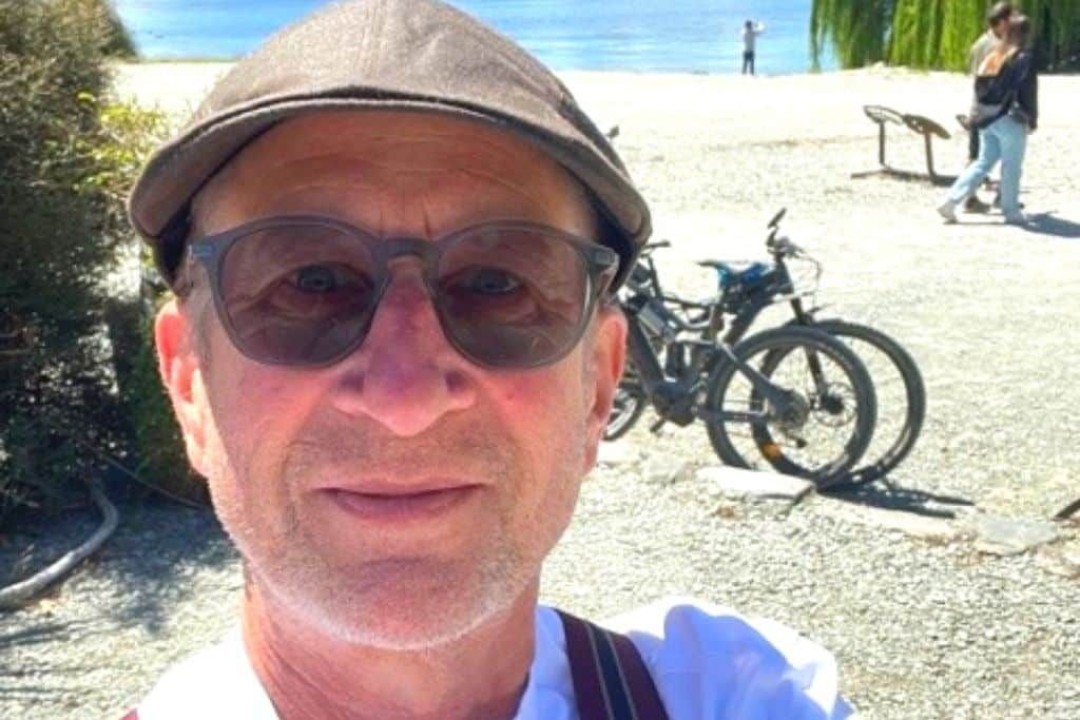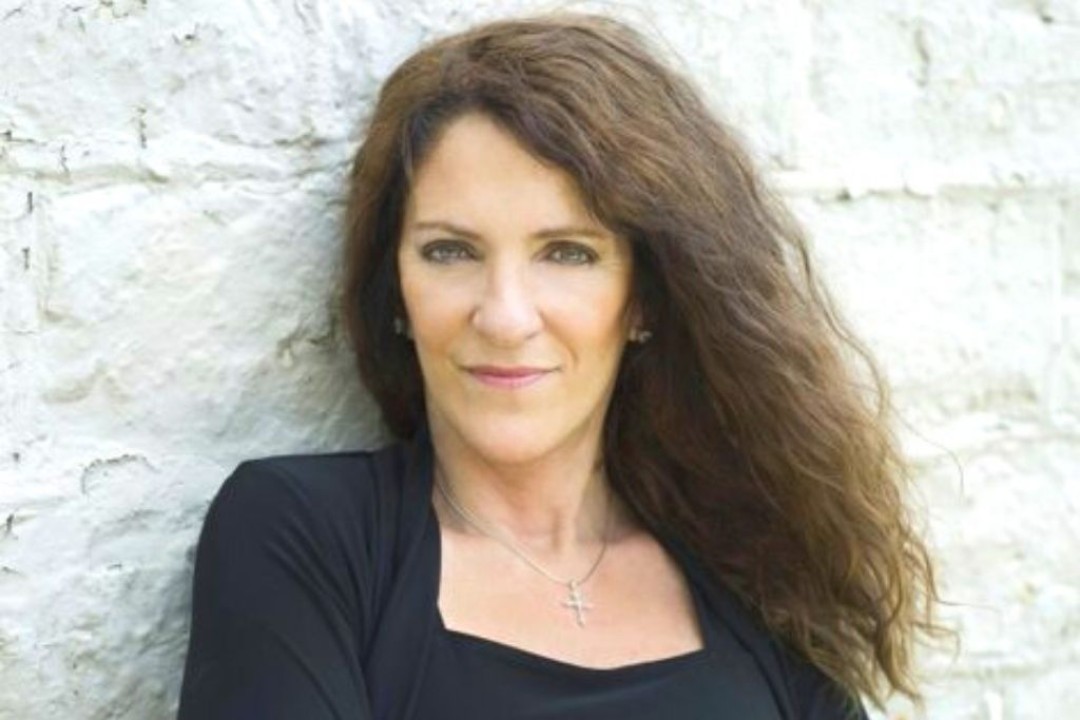Supporting Your Peers
January 12th, 2018 Guest Posts 21 comments
This guest post comes from Tom Mabon a.k.a @behind-the-sofa, a long-time member of this site and also one of our Community Moderators.
==========
I was recently fortunate enough to carry out some Peer Support training through Connect Support Recovery, a Non-Government Organisation (NGO) in Auckland helping those with addiction and mental health issues. They offer Peer Support training for people with their own lived experience of either mental health, addictions or both.. so that we may go on to help others into recovery.
On a Monday morning last November I showed up to their offices in Manukau where the training was taking place. I arrived early having already driven past the place the day before to make sure I knew where it was and to suss it out – did I mention I have anxiety? To be honest I didn’t like the look of it. It was upstairs in a block of shops above a bridal store. Didn’t look like an easy place to escape from – and escape plans are a must for alcoholic/anxiety sufferers. I went for a little walk around the block to gather my thoughts. “Why am I here? What’s led me here? Am I doing the right thing? Who the fuck am I?” These thoughts and many more bubbled to the surface as I contemplated whether or not to go in. “I can’t be a peer support worker, I can barely look after myself. Seriously, what am I doing here? Run. Run. Run.”
As what usually happens to me in new situations my fight/flight/freeze system kicks in and fires all sorts of conflicting messages at me. Over time I’ve sort of learned to deal with it and know that it’s all noisy nonsense and try to mentally whistle my way through it. And I did this time. I got to the door of the steps, had a millisecond pause and fantasized about running away but then drew breath and went in.
Some people were already sat down in the classroom – an eclectic bunch: women, men, younger and older, different ethnicities, plenty of tatts and faces of experience. I raised my eyebrows and tried to smile at a couple of people. We all sat for a few awkward moments before the course facilitators came in and instantly they put everyone at ease. Warmly welcoming everyone as though we were all VIP’s on a special envoy and acknowledging possible anxiety in the room and drawing up a list of policies which we decided upon to make us all feel comfortable – the one to say we could leave the room at any time we needed to was particularly welcomed by me.
From that moment on the course was incredible and rewarding. A bunch of disparate people all come together with the common bond of trauma and recovery. Where had this shit been all my life? I always thought you had to squash feelings and hide shame; wear the mask of ‘I’m okayness’. What a crock of shit we’ve been sold. Why do we always have to pretend we’re fine when we’re not? I’ve probably led a very insular existence but this course really gave me a glimpse into the power of connection and community (connection is the opposite of addiction don’t you know).
Below is a summary of some of the key points I learnt about what being a Peer Support Worker is all about.
Peer support workers (PSWs) work with people with alcohol or drug problems and/or mental health issues (it’s recognised now that there is a huge overlap between mental health and addiction issues and that there is a need for services to become more closely integrated). The Peer Support workforce is growing rapidly both here in New Zealand and overseas, and the high value these workers provide to the sector is becoming increasingly realised.
Peer support relationships are all about mutuality, PSWs walk alongside their peers in their journeys of recovery. They do not come from a position of dominance or authority.
PSW’s are not rescuers, helpers or advisers. The only person they are an expert on is themselves. If you rescue someone you are taking away from them their ability to be strong in that moment and to grow. Helping is driven by the ego and although it may make you feel better it will not help your peer in the long run.
So what PSWs do is to actively listen to their peers; this includes observing all the non-verbal communication – which many experts believe constitutes the largest part of what is being expressed – then reflect back to them what they’ve communicated and how it appears to be making them feel. They validate and identify with their peers and hold the hope for them that will go a long way in their recovery journeys and regain the sense of well being that their mental illness or addiction took from them so that they can connect socially and participate in society.
PSW’s ‘mine’ for information by asking relevant questions. They never say, ‘What’s wrong?’ This sort of question is loaded and has a negative bias. Instead they ask, ‘What’s going on with you?’ or ‘What’s happening?’ This leaves scope for the peer to go as deep or shallow with their answer as they wish. Questions should always be open ended and PSW’s should always try and dig deeper to try and find out what is really going on beneath the surface. They should ask questions like, ‘How did that make you feel?’ and ‘Why do you think you felt that way?’ Always trying to get to the root of what is being communicated.
PSW’s do not use clinical language; they do not label people as their diagnoses, they see each person as an individual with their own unique story and ways of looking at the world. For many peers, they have come to view themselves as the ‘helpless patient’ with a pre-destined, mapped out fate. It is the PSWs aim to ‘flip’ this way of thinking and re-energise and self-empower the peer to find the resources within themselves to grow and develop. PSW’s aim to to try and get the peer to see themselves as the ‘hero’ of their own story. Someone who has been given challenges which they can overcome if they can learn to see these obstacles in a new light: as opportunities for growth.
One of the most powerful tools in a PSW’s toolbox is their own recovery story. It must be shared though in a way which is not triggering or traumatising. PSWs do this by not glamourising their drinking or drug taking and also by not telling any ‘war stories’ – stories about their past which are self-aggrandising or ego driven are not appropriate or beneficial. Nor is going into detail about traumatic experiences. PSWs express their stories through the shared common ground of emotion and feelings are careful to always be mindful and compassionate.
When shared in this way PSW’s stories become a powerful tool for establishing connection and inspiring hope.
===========
For more on Tom’s story you can read his Sober Story here.
Continue reading
Sobriety during a pandemic
I’ve been saying for many years that anyone who digs deep to get rid of alcohol and learn to live sober is incredibly brave and amazing.
March 27, 2020 – 19 comments
Sober Story: Helen
Today’s Sober Story comes from Helen who lives in Auckland.
June 13, 2018 – 5 comments
Sober Story: David
"So many day ones and broken promises. I’d gain momentum only to crash and burn over and over."
April 23, 2023 – 24 comments
Sober Story: Lisa
This week’s Sober Story comes from Lisa Boucher (pronounced boo-shay), a 58-year-old living in Ohio, USA.
January 15, 2020 – 4 comments


